Content marketing has the power to transform brand perception, attract new customers, and engage their attention for far longer periods of time than other online marketing methods.
Great content marketing leverages marketing research tools to help creative teams develop targeted and effective content.
But how do you know your content is effective? You can measure content marketing’s ROI using several simple metrics.
Use the following five ideas to create a successful content marketing checklist that leverages data to inform your content marketing programs.
The 5-Step Content Marketing Checklist
1. Check your existing data
Before you start any new marketing program, it’s important to obtain a baseline reading of your existing data so that you know where you’re starting from and how far you have to travel to achieve your goal. Although you probably do have such tools as Google Analytics and other data collection methods set up on your website, check them now in Webmaster Tools to make sure everything is running smoothly. Double check your Analytics reports to ensure that data is pulling correctly and check Webmaster tools to make sure your site isn’t experiencing any problems that could lessen the user experience.
2. Check customer questions
Customers have questions. Your content must answer them. That’s the secret to search engine marketing, content marketing and all types of internet marketing. Look through your databases, search through the suggestion box, but gather and analyze any questions your customers have asked about your products and services. You should focus your content marketing tactics on pieces that answer common customer questions to dominate that niche in your content marketing efforts.
3. Check your keywords
Once you have the data from step 1 of this five step checklist, it’s time to dive into your existing data to find out exactly what keyword searches people are using to find your existing content. Next, go back into your landing pages and tweak them to reflect current keyword searches. Keyword searches change over time. Sometimes those changes are subtle, but sometimes they’re so major that you could be losing search traffic without knowing it. Refreshing your keyword data is an important step to prepare for your content marketing campaign.
4. Check your email sign up forms
Nothing derails a content marketing campaign faster than an email signup system that sputters, coughs, and fails to deliver the promised goody to those who sign up for your list. An email list can be worth thousands, even millions of dollars in potential sales. If it doesn’t work properly and your autoresponder refuses to respond, you may be losing potential sales. Check the entire signup process from start to finish. Double check the opt-out process as well; you want to be sure that any future content you’re sending out reaches interested customers.
5. Check your editorial calendar
An editorial calendar is a great way to strategize and plan content marketing activities alongside other internet marketing activities. Check your editorial calendar now, comparing planned content against potential sales, new product launches and other major activities. The more you can synchronize your content marketing with other internet marketing activities, the richer the customer experience online as they search for information and products to fill their needs.
With some basic data and market research tools, a little peek under the hood of your website to check that it’s pulling data correctly, and a few last minute checks to other parts of your internet marketing plan, you’re ready to launch an effective content marketing strategy.
If you’d like to learn more about content marketing, come to the Content Marketing Conference, Las Vegas, Nevada, from May 17-19, 2016 at the Rio All-Suite Hotel. It’s a great opportunity to hear top-notch experts teach on all aspects of content marketing, internet marketing and more.


